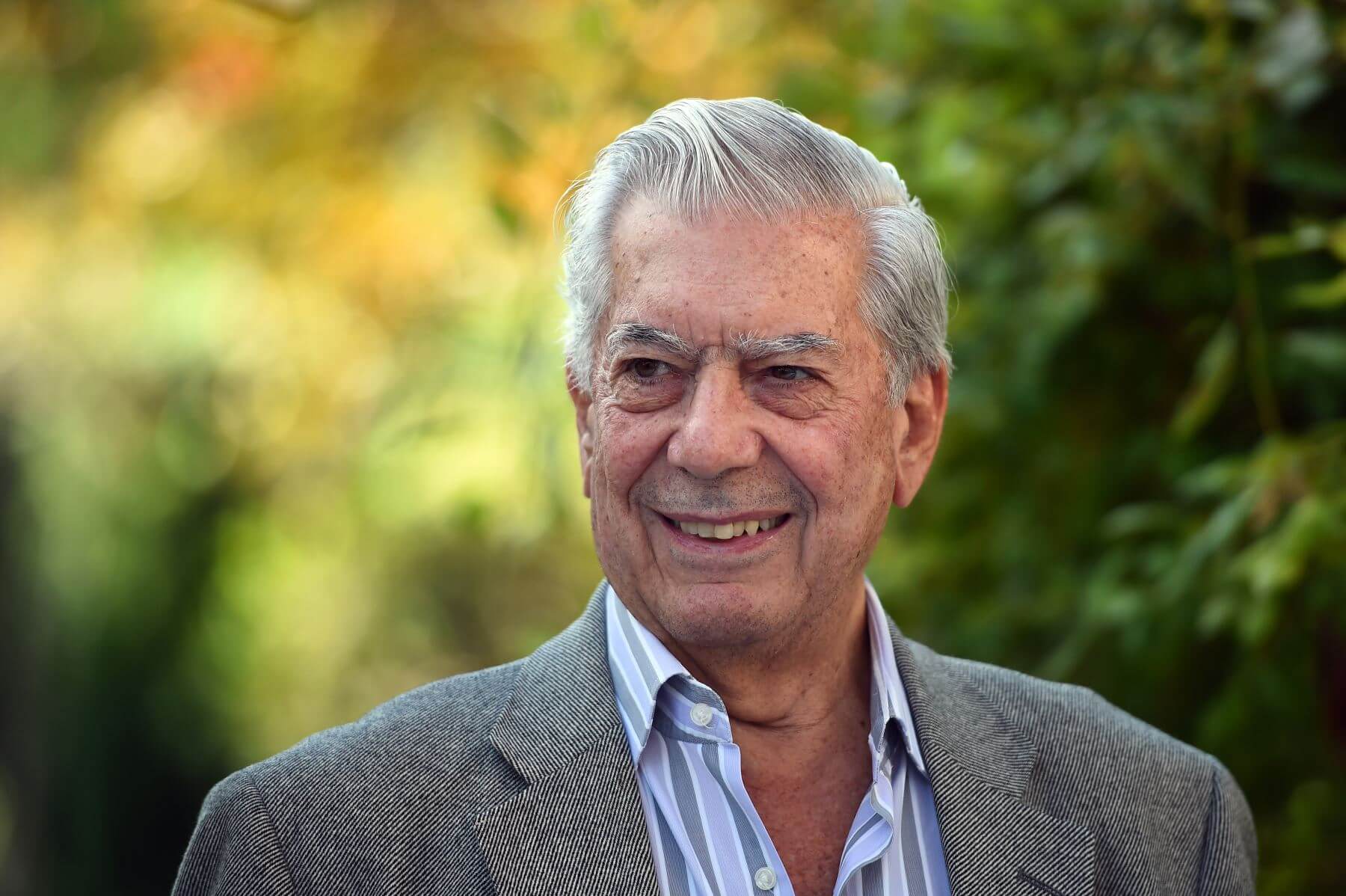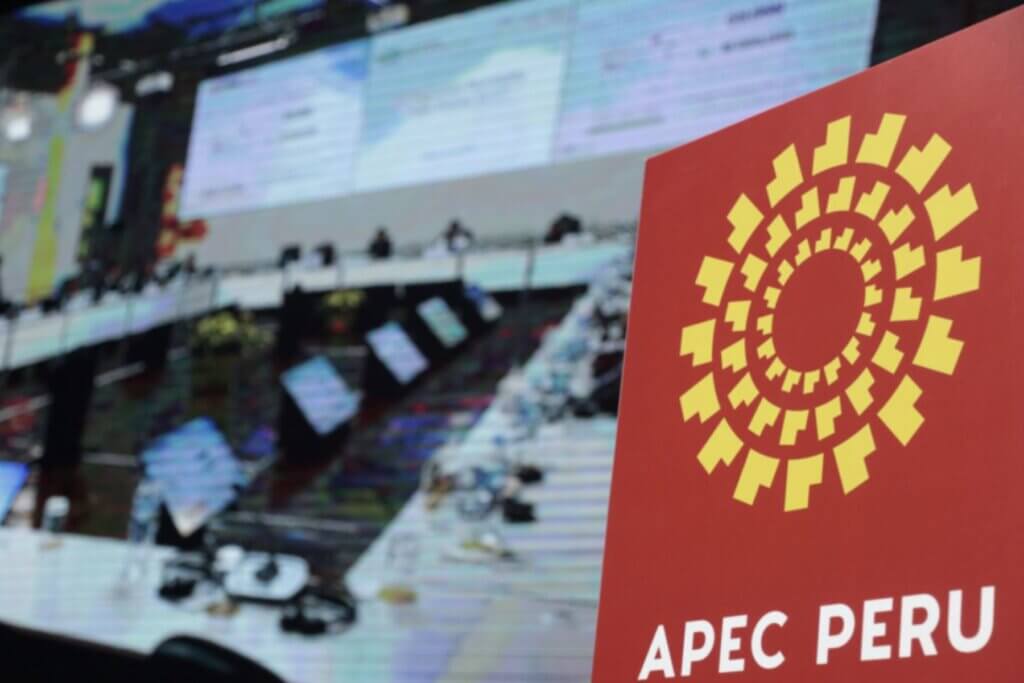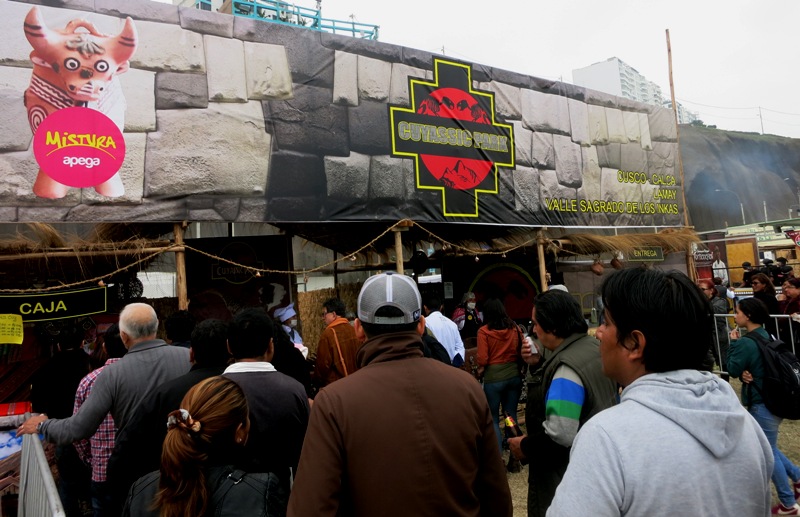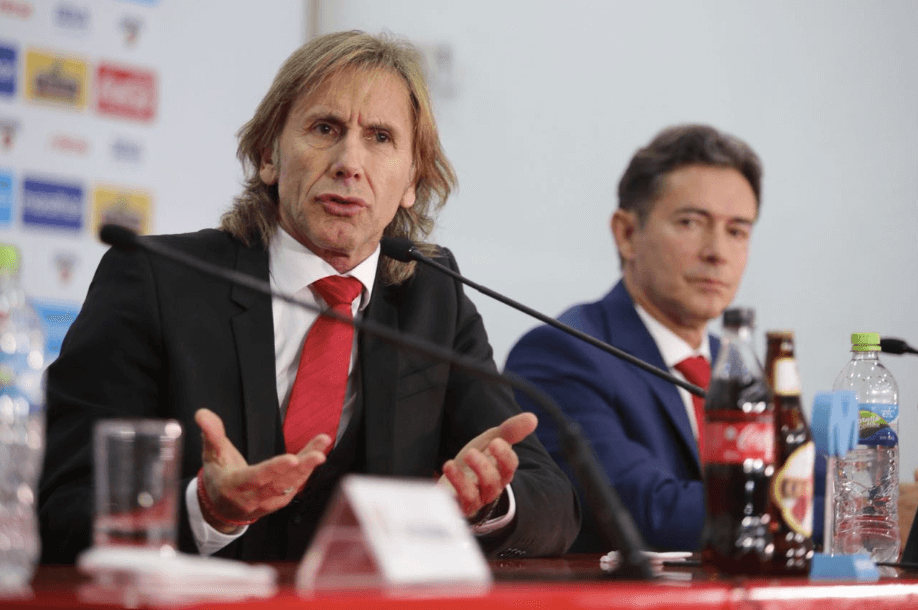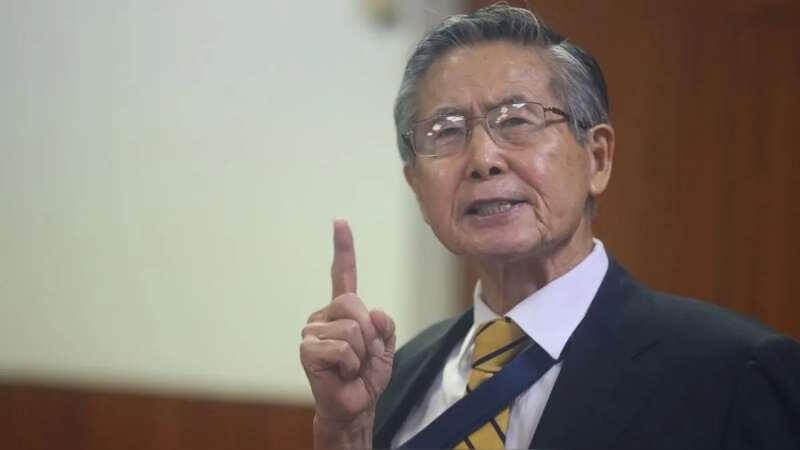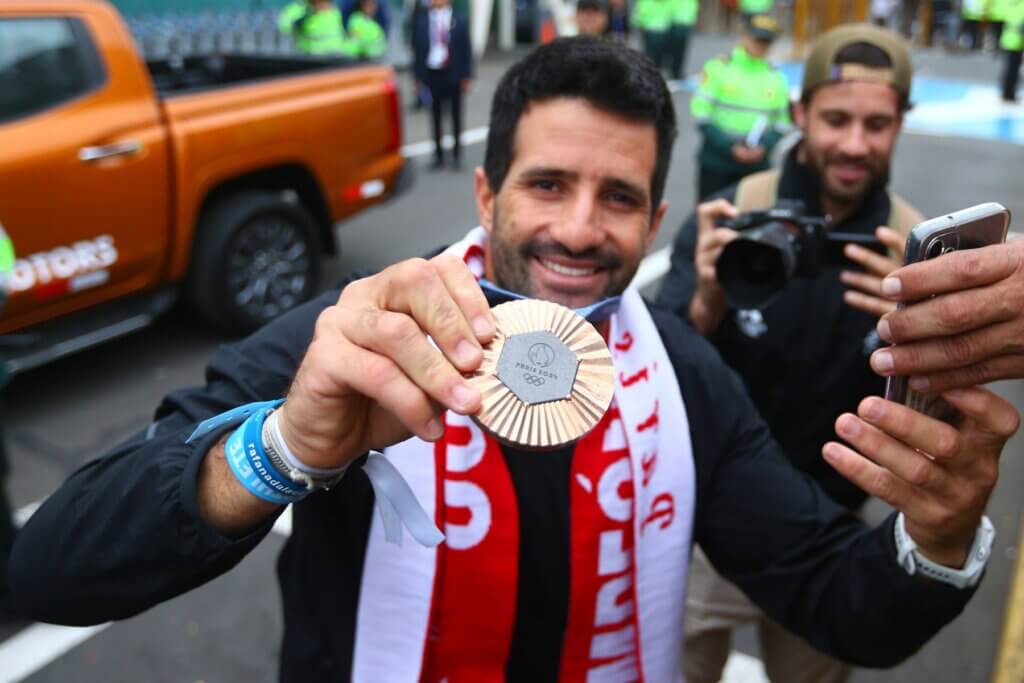Lima, Peru — Peru’s Mario Vargas Llosa became the first Spanish-speaking author to enter the Académie Française (French Academy), a milestone for a Peruvian writer.
Vargas Llosa, winner of the 2010 Nobel Prize in Literature, became an “immortal” on February 9, a term used to refer to the members of this select academy, despite not having written any of his works in French.
At 86, the Peruvian intellectual will occupy the 18th seat, previously occupied by the late philosopher and science historian Michel Serres and also by the thinker Alexis de Tocqueville in the 19th century.
The chair will be exclusively for him until his death.
The Académie Française is an institution in charge of monitoring and perfecting the French language. Since its founding, it has had more than 700 members. It brings together poets, novelists, playwrights, philosophers, historians, doctors, scientists, ethnologists, art critics, rulers and others who have particularly illustrated the French language.
To understand more about the importance of this literary milestone, Peru Reports spoke with Jaime Cabrera Junco, a poet and journalist specializing in literature, and manager of the literary blog “Lee por gusto”.
Cabrera said that the achievement is “a well-deserved recognition” for Vargas Llosa, because he found in Gustave Flaubert and French literature, a “reference to become a writer.”
On the day of the ceremony, Vargas Llosa said that “thanks to France” he discovered “Latin America in depth” and that thanks to Paris he became “a writer.”
“Without Flaubert I would never have been the writer I am today, nor would I have written my novels,” said Vargas Llosa, author of several novels that marked 20th-century Hispanic literature, including “Conversation in the Cathedral” and “The City and the Dogs.”
Cabrera explained that Vargas Llosa “cherished the dream of consolidating his literary vocation in France from a very young age and achieved it on his first trip to Paris in 1958, where the link with French culture became unbreakable.”
According to the journalist, the decision of the French Academy “is surprising” because it evaded “its regulations for, for the first time, incorporating a non-French-language author over 75 years of age.”
“That intense relationship with French culture may have dissuaded the Academy from making an exception,” he commented.
Cabrera stressed that joining the French Academy is “a symbolic recognition” for Vargas Llosa and is also “a recognition of Hispanic literature.”
“There is no doubt that Vargas Llosa is one of the most important Latin American authors of the 20th century,” he remarked.
But not only that, Cabrera recalled that the first four novels written by Vargas Llosa (“La Ciudad y los Perros,” “La Casa Verde,” “Los Cachorros” and “Conversación en la Catedral”), “place him as a milestone in contemporary Peruvian narrative.”
“His artistic mastery has been embodied especially in his first works,” he concluded.


